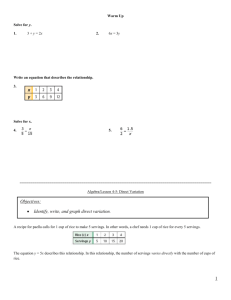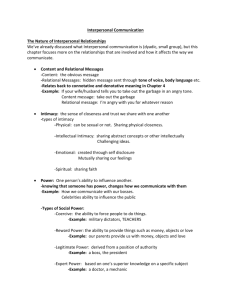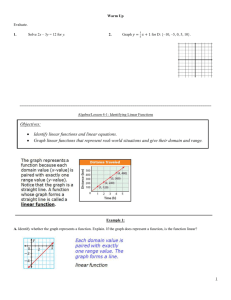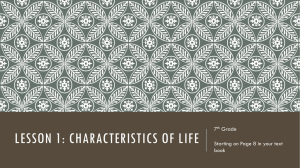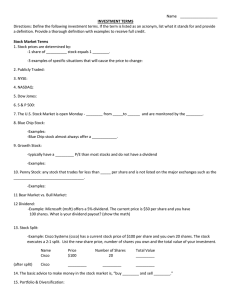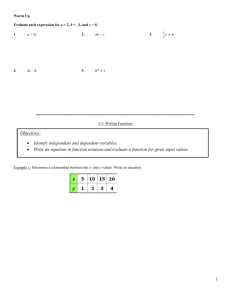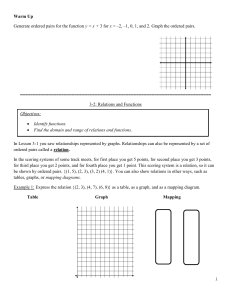Literary Devices - Create Your Own Examples Hyperbole Understatement
advertisement
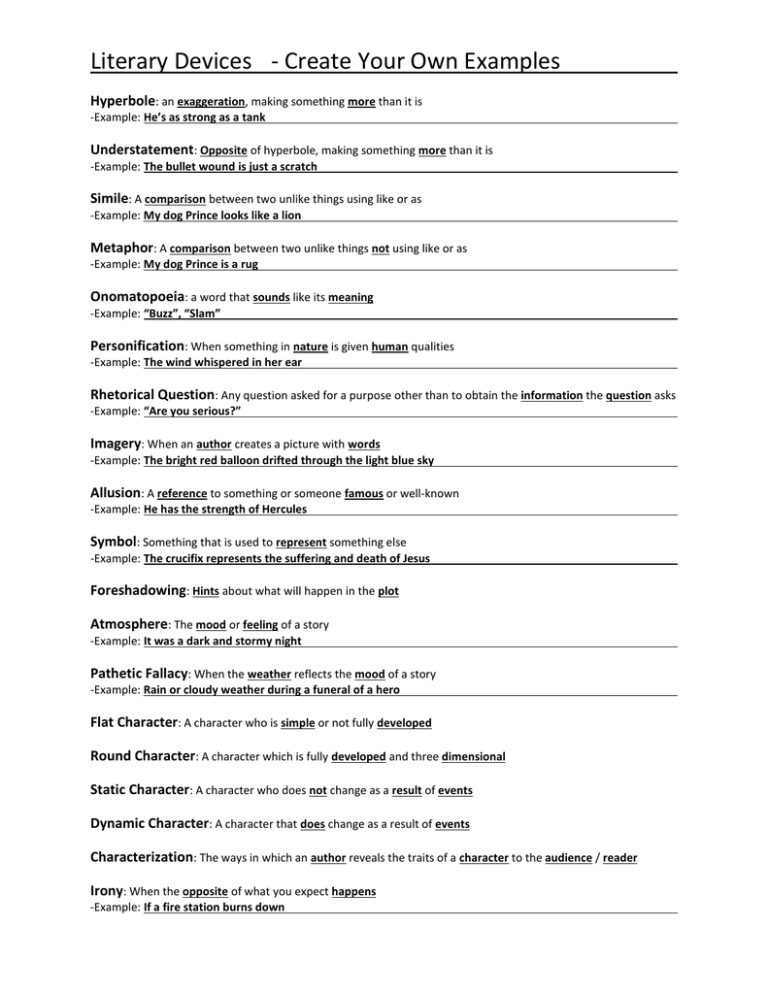
Literary Devices - Create Your Own Examples Hyperbole: an exaggeration, making something more than it is -Example: He’s as strong as a tank Understatement: Opposite of hyperbole, making something more than it is -Example: The bullet wound is just a scratch Simile: A comparison between two unlike things using like or as -Example: My dog Prince looks like a lion Metaphor: A comparison between two unlike things not using like or as -Example: My dog Prince is a rug Onomatopoeia: a word that sounds like its meaning -Example: “Buzz”, “Slam” Personification: When something in nature is given human qualities -Example: The wind whispered in her ear Rhetorical Question: Any question asked for a purpose other than to obtain the information the question asks -Example: “Are you serious?” Imagery: When an author creates a picture with words -Example: The bright red balloon drifted through the light blue sky Allusion: A reference to something or someone famous or well-known -Example: He has the strength of Hercules Symbol: Something that is used to represent something else -Example: The crucifix represents the suffering and death of Jesus Foreshadowing: Hints about what will happen in the plot Atmosphere: The mood or feeling of a story -Example: It was a dark and stormy night Pathetic Fallacy: When the weather reflects the mood of a story -Example: Rain or cloudy weather during a funeral of a hero Flat Character: A character who is simple or not fully developed Round Character: A character which is fully developed and three dimensional Static Character: A character who does not change as a result of events Dynamic Character: A character that does change as a result of events Characterization: The ways in which an author reveals the traits of a character to the audience / reader Irony: When the opposite of what you expect happens -Example: If a fire station burns down
